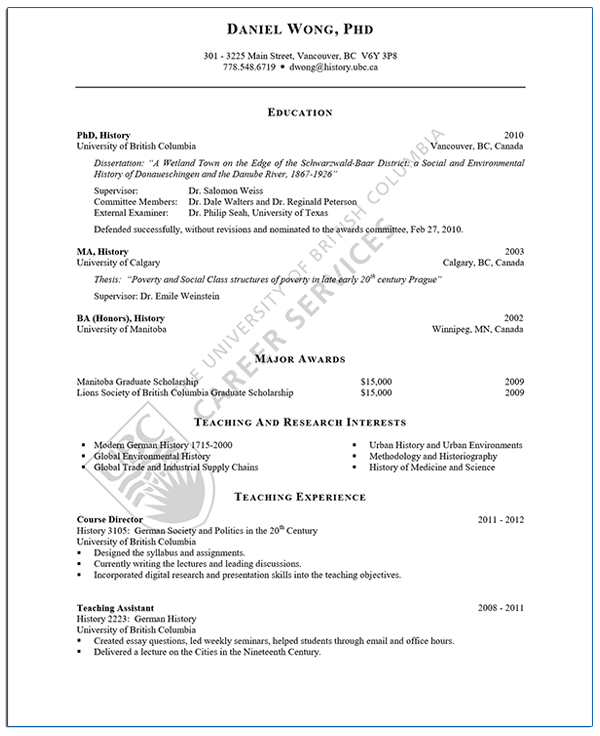By Melissa Cartew, freelance writer and hospital recruitment specialist.
Usually, a curriculum vitae serves as the first contact with the potential director of the program. Hence, you will require a C.V. which will do more than just provide information regarding your professional and educational qualification, personal history, and achievements. Thus, when you think about how to write a CV, you need to keep in mind that you will have to maintain a good image when it comes to your profession in the mind of the one who is reading it. The C.V. has needed to accentuate the areas where you are strong enough and develop sufficient interest in you. This will lead you to get a personal interview.
Phrases to create an efficacious C.V.
- Compile important information and then organize it under proper categories. These should exhibit professionalism, enthusiasm, and confidence;
- Opt for an information that is most pertinent to the job profile. Make sure that you make it concise and comprehensive. Don’t forget, C.V. is an advertisement for the interview; and
- Review it and ensure that there is no spelling mistake or grammatical error.

Source
Continue Reading
By Grace Carter, freelance healthcare writer, OX Essays.
Healthcare industry requires a number of different skills in order to be successful. The job combines organization, practical knowledge of innovations, and professionalism. Your resume should reflect this kind of experience and skill, or your chances of getting a call back are slim. Read on to find out how to write a healthcare resume that will get you an interview.
The objective statement is becoming less of a popular option, instead you should write a summary. Here you will give a quick statement, summarizing your skills and experience in a sentence or two. You’re trying to get the hiring manager interested in reading further. Your summary will go at the top of the page and include a good snapshot of your healthcare skills and experience.
Highlights
A highlights section is very important when you’re creating a healthcare resume, it will be the next section after your summary. The highlights section is similar to the summary, in that it is like a greatest hits, but it will be more exhaustive and in point form. You can include attributes, skills, and work experience here. Did you go to medical school? Are you a certified? These are all things you could potentially put in your highlights.
Accomplishments
“Now it’s time to provide some proof that you can get the job done, and do it well. Talk about some real world, quantifiable career accomplishments that are healthcare related,” recommends Sandra Bealer, resume editor at EliteAssignmentHelp. Some people will include their relevant education in this section. Have you run a healthcare business? Talk about these kinds of things, and if you can, use numbers to back up your claims. Give some details about projects you were a part of, what your role was, and how you were an asset.
Experience
Use your work experience section to show how aligned your previous experience is with the position you’re applying for. You only have so much space, so be selective about what you include. Prioritize the experience that is most relevant to healthcare. Remember to match the keywords you are seeing in the job posting, or your resume could be filtered out by a computer program before a hiring manager even gets a chance to look at it. Put your most recent experience first, and list your past positions in reverse chronological order. Write the position you held, followed by the time period, followed by the company and it’s geographical location. Include a few lines describing your duties and responsibilities at the position. Don’t forget to use action verbs. Remember this section is for your everyday tasks, your big achievements can go in the accomplishments section.
Work on your writing skills
It’s crucial that the writing in your resume is professional and grammatically correct. One of the quickest ways to disqualify yourself is a typo or other error. These kinds of mistakes make it seem as if you can’t be bothered to edit your resume. Try out these tools for help writing your resume.
- Resumention — This is a service specially geared towards improving your resume so that you get your interview. Learn extra tips and tricks for resume writing here.
- ViaWriting and SimpleGrad — Use these grammar resources to check over your resume and make sure everything is correct. Don’t let a silly mistake ruin your chances of getting a healthcare job.
- OXEssays and UKWritings — These online proofreading tools, suggested by UK Writing Services Reviews, will give you a piece of mind. Why? Because you’ll know that your resume has been proofread by experts and is good to go.
- Studydemic and MyWritingWay — Give these career writing blogs a read. They’re full of useful tips and tricks for writing resumes and what to do in the interview.
- EssayRoo and Assignment Writing Service — Check out these editing tools. They’ve been positively reviewed in Revieweal and can help you edit your resume properly.
- WritingPopulist and AcademAdvisor — Use these writing guides to create a resume that gets attention.
Continue Reading
